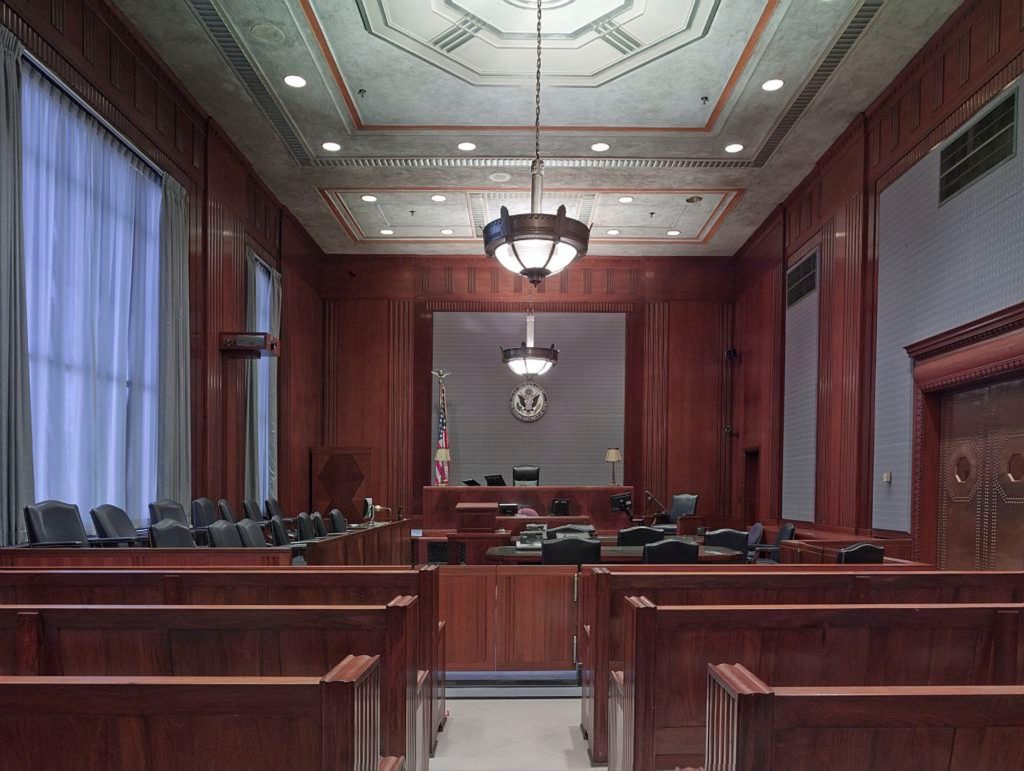
What is a Pre-Trial Conference or Hearing in a Massachusetts Divorce?
It should be the ultimate goal of every Probate and Family Court judge and of every attorney to get their clients to a reasonable settlement prior to going all the way to a divorce trial. Why is a settlement preferable to trial in a divorce? Because, a divorce trial in Massachusetts can be very expensive…in most cases, in my professional opinion, a trial should be avoided.
The pre-trial hearing is a meeting between the attorneys, the parties to the divorce, and the judge. At this meeting, the judge is going to want to get an assessment of what the parties have agreed upon up to the present moment, what issues are not agreed upon, where the parties are at with discovery of information requested by each side to the lawsuit, and what the plan is to move forward. Below I’ve outlined descriptions of each.
What Have the Parties Agreed Upon?
The issues that are generally agreed upon ahead of the pre-trial with the Probate and Family Court judge are related to custody, alimony or support, and the division of assets, in addition to some preliminary matters such as the date of the marriage, age of any children of the marriage, and other basic facts. I emphasize “generally agreed upon” in relation to this section because there will be many times when couples cannot come to agreement on matters.
However, the goal of the parties ought to be to come to some basic agreement surrounding custody, child support, alimony, and asset division, if any or all of these are applicable. It might simply be that, for example, the parties agree that alimony will be paid, but disagree over what a reasonable amount of alimony might be. Or, perhaps, the parties agree that one spouse will have primary custody, or the couples will share custody but have yet to reach an agreement on how to handle visitation or other matters.
What Are the Contested Issues?
Clearly, the degree of animus between the couple will be directly proportional to the amount of agreement or disagreement between the couple on the issues of custody, support, and division of assets. Sometimes the amount of time that passes between the initial days of filing for divorce and the pre-trial hearing can help cool down tempers so that each party can see clearly the options and best outcomes for everyone involved. In other cases, parties are so at odds with one another that no amount of time will bring calm to the situation, and all issues remain contested.
I recommend to my clients considering divorce to first determine if divorce is the only option. As I’ve indicated in other articles, I firmly believe that couples ought to consider every negative as well as positive ramification of divorce. I can, and do provide the legal outcomes that clients might wish to consider, while stressing to my clients other outcomes which affect the family, emotional effects, and even the spiritual aspects of a divorce. I am not a licensed therapist, physician, or religious leader, as a result, I will always recommend seeking appropriate professional help to deal with these matters. My point is that I don’t think that divorce can be done properly without referring parties to such professionals.
If divorce is the best option for a couple, or an individual, the next task is to tackle compromise. This stage is best accomplished after some time has passed between making the decision to file for divorce and the pre-trial conference. Achieving compromise through an executed settlement agreement can mean the difference between spending $5000 on a divorce or $30,000.
Moving Forward
Again, I cannot stress enough the import of reaching a settlement agreement whenever feasible. There are circumstances, however, where due to the issues between the parties, agreement will not be possible. In such instances a trial will be unavoidable.
DISCLAIMER:
The information provided in the pages and posts of this website are for general informational purposes only. The information presented on this site is not legal advice, and no attorney-client relationship is formed by the use of this site.

